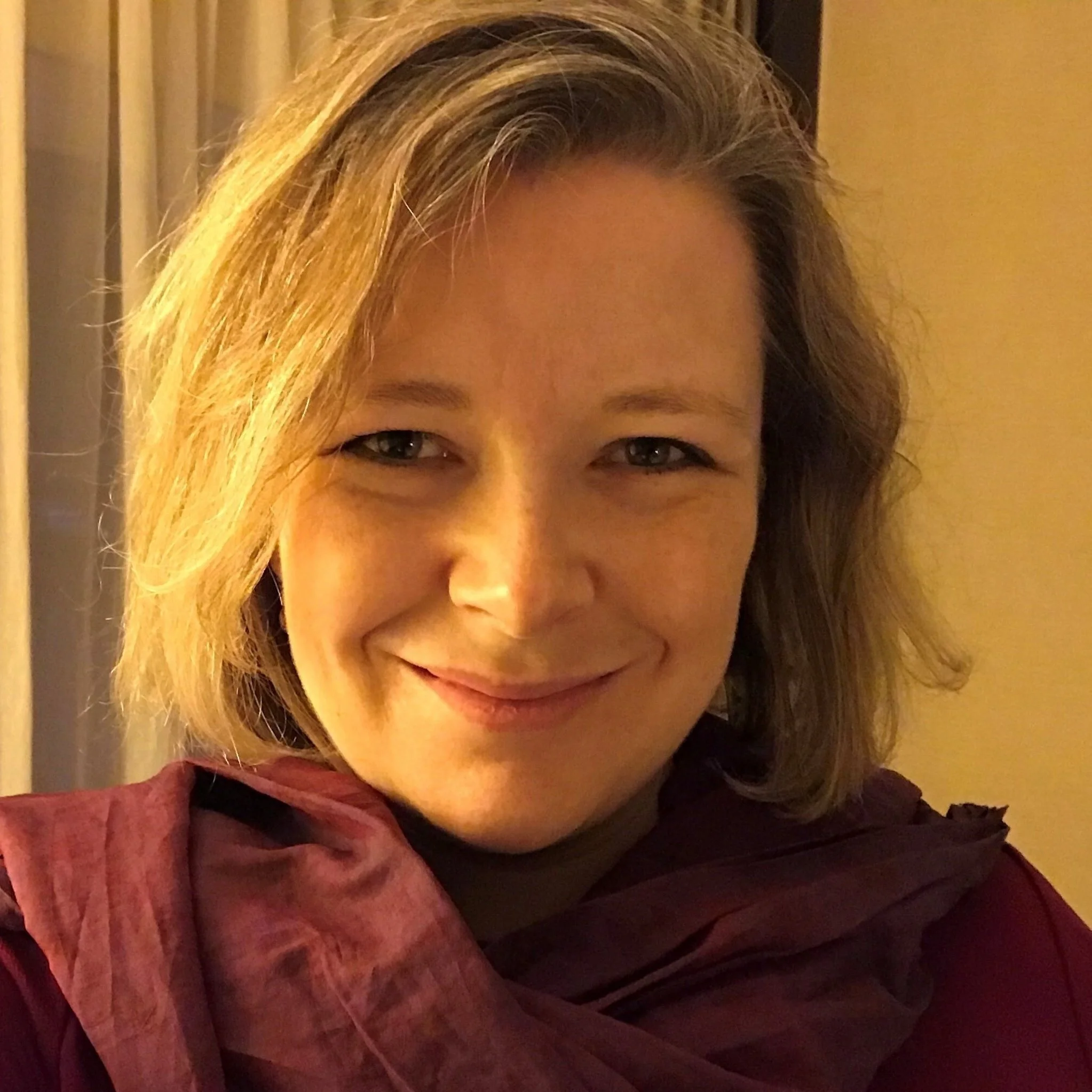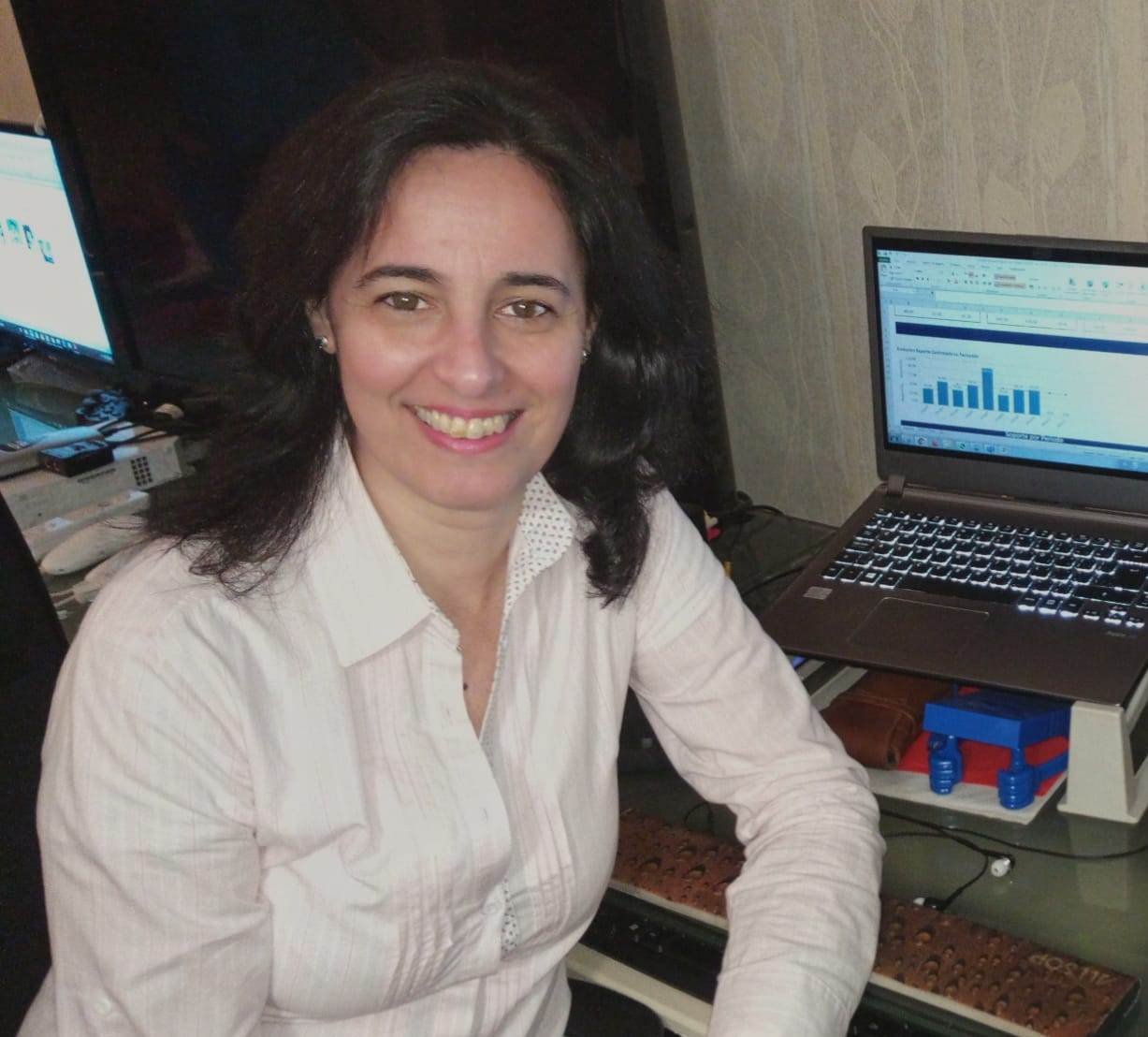Program
The 5th WSC features 15 sessions across 2 days, April 8 and 9, 2025.
Session 1

The Potential of AI in Global Health and the Global Sepsis Response
Ricardo Baptista-Leite, HealthAI, Switzerland
Implementing the 2030 Global Agenda for Sepsis
Mariam Jashi, Global Sepsis Alliance, Georgia
Opening Session
Moderated by:
Shahrzad Kiavash
Sepsis Survivor, Sweden
Opening Remarks
Niranjan ‘Tex’ Kissoon, Global Sepsis Alliance, Canada
Video Address by WHO Director-General
Tedros Adhanom Ghebreyesus, World Health Organization, Switzerland
The Ministerial Perspective on the Sepsis Response
Frank C.S. Anthony, Minister of Health, Guyana
Sepsis Response Through a Parliamentarian Lens
Craig Mackinlay, Member of the UK House of Lords, United Kingdom
Remaining Challenges in the Global Sepsis Response
Konrad Reinhart, Sepsis Stiftung, Germany
Session 2

Sepsis Epidemiology and Clinical Data
Moderated by:
Eleanor Nwadinobi
Medical Women’s International Association, Nigeria
Global Burden of AMR and Sepsis – Unpacking the Numbers
Mohsen Naghavi, Institute for Health Metrics Evaluation (IMHE), United States
Baseline African Sepsis Incidence Study (BASIS) – an Evaluation of Epidemiology, Early Mortality Correlates, and Health Facility Capacity for Management of Sepsis Across a Research Network in Sub-Saharan Africa
Shevin Jacob, Liverpool School of Tropical Medicine (LSTM), Uganda
Health Record vs. ICD-Based Assessment of the Burden of Sepsis and AMR
Lisa Mellhammar, Lund University, Sweden
Update on Sepsis Epidemiology in Latin America and Gaps Uncovered
Flavia Machado, Latin American Sepsis Institute (LASI), Brazil
Update on Sepsis Epidemiology and Clinical Data From Asia and Australasia
Lowell Ling, Asia Pacific Sepsis Alliance (APSA), Hong Kong
Session 3

Panel Discussion: The Voices of Patients in Advocacy, Research, and Beyond
Moderated by:
Tom Heymann
Sepsis Alliance, United States
When Families Speak: The Power of Love and Loss in Sepsis Advocacy
James Hospedales, Caribbean Public Health Agency, Trinidad & Tobago
Turning Words Into Action: The Paris Declaration and the Power of Patients in Sepsis Advocacy
Elena Moya, European Patients Forum, Spain
Behind the Data: Human Stories That Inspire the Science of Sepsis
Priskil Hmar, Sepsis Survivor, India
Septic Arthritis – My Personal Experience in a High-Resource Setting
Graham Segars, Sepsis Survivor, United States
Silent Epidemic, Loud Voices: The African Urgency for Sepsis Advocacy
Robyn Hayes Badenhorst, Wits Health Consortium, South Africa
The Caregiver’s Burden: Witnessing the Humanity Behind Sepsis
Amy Campbell, ECU Health, United States
Session 4

Novel Approaches to Pathogen Detection and Sepsis Diagnostics
Moderated by:
Konrad Reinhart
Sepsis Stiftung, Germany
The Role of Biomarkers in Antimicrobial Stewardship and Sepsis Diagnosis
Evdoxia Kyriazopoulou, National Kapodistrian University of Athens, Greece
Next-Generation Sequencing (NGS) for Pathogen Identification
Thorsten Brenner, University Hospital Essen, Germany
Current and New Approaches to Rapid Diagnostics for Sepsis
Larissa May, University of California Davis, United States
The Role of Biomarkers for Theranostics
Irit Gat-Viks, University of Tel Aviv, Israel
Overcoming Barriers to Introduction of Novel Sepsis Diagnostics in Sub-Saharan Africa
Olawale Ajose, Market Access Africa, Nigeria
Session 5

The Immunization Agenda for Sepsis
Moderated by:
Mariam Jashi
Global Sepsis Alliance, Georgia
The Potential of Immunization for Sepsis Prevention
Stefan Kaufmann, Max Planck Institute for Infection Biology, Germany
Maternal Immunization to Prevent Neonate Infection with Sepsis Agents
Shabir Mahdi, University of the Witwatersrand, South Africa
Novel Vaccines for Sepsis Prevention
Elie Saade, University Hospitals of Cleveland, United States
Vaccines for Hospital-Acquired Infections
Jeremy Brown, University College London, United Kingdom
Session 6

Pathways for Sepsis Care – Integrated Emergency, Critical, and Operative Care (ECO)
Moderated by:
Keith Martin
Consortium of Universities for Global Health, Canada
My Pathways for Sepsis Care
Krista Bracke, European Sepsis Alliance, Belgium
Integrated Emergency, Critical, and Operative Care to Improve Outcomes from Sepsis: WHA 76.2
Tsion Firew, Africa Health Sciences University, Rwanda
Coordinated Implementation to Improve Sepsis Care Through the Acute Care Action Network
Ingrid Laerdal, Laerdal Global Health, Norway
Scaling Basic Emergency Care for Timely Resuscitation in Sepsis
Joe Bonney, African Federation for Emergency Medicine, Ghana
Optimizing Sepsis Outcomes Through Enhanced Recovery After Surgery (ERAS)
Carolina Haylock-Loor, World Federation of Societies of Anesthesiologists, Honduras
– Overnight Break –
Session 7

Bridging Sepsis Knowledge Gaps in HICs and LMICs
Moderated by:
Abdulelah Alhawsawi
Eastern Mediterranean Sepsis Alliance, Saudi Arabia
Improving Outcomes from Pediatric Sepsis
Andrew Argent, African Sepsis Alliance, South Africa
Tailoring Sepsis Management to Resource-Poor Settings
Sheila Myatra, Asia Pacific Sepsis Alliance, India
Revolutionizing Patient Care with Wearables and Remote Monitoring
Louise Thwaites, Asia Pacific Sepsis Alliance, Vietnam
Results from the Delphi Process – What Every Medical Student Should Know
Elanor Gomersall, The Chinese University of Hong Kong, Hong Kong
Understanding Sepsis Morbidity, Mortality, and Health-Seeking Behavior for Sepsis Through Longitudinal Surveillance Within Health and Demographic Surveillance Sites
Victor Akelo, Liverpool School of Tropical Medicine, Kenya
Simulations and Tele-Consultancy to Narrow the Divide in Quality of Care
Wiltrud Abels, Charité – Universitätsmedizin Berlin, Germany
Session 8

Infection Prevention and Control in Community and Healthcare Settings
Moderated by:
Maha Aljuaid
Global Sepsis Sepsis Alliance, Saudi Arabia
The Sepsis Challenge Vis-A-Vis the Global Health Agenda
Jeremy Farrar, World Health Organization, Switzerland
A Global Action Plan and Monitoring Framework to Prevent Sepsis Acquired in Health Care Settings
Benedetta Allegranzi, WHO Regional Office for the Eastern Mediterranean, Egypt
Rapid Diagnostics and Diagnostic Stewardship for Preventing Infection Evolution to Sepsis
Claudia Spies, Charité – Universitätsmedizin Berlin, Germany
Preventing Sepsis Using Vaccines That Reduce Antimicrobial Resistance
Mateusz Hasso-Agopsowicz, World Health Organization, Switzerland
WASH as an IPC Measure for Sepsis Prevention
Lindsay Denny Naughton, UNICEF, United States
Session 9

Panel Discussion: Reducing Sepsis Mortality Through System Change – Lessons from Trailblazing Countries
Moderated by:
Simon Finfer
The George Institute for Global Health, Australia
Decreasing Sepsis Mortality and Making Gains Despite Socio-Economic Disparities
Daniela Carla de Souza, Latin American Sepsis Institute (LASI), Brazil
How Awareness Programs Are Making a Difference in the UK
Ron Daniels, UK Sepsis Trust, United Kingdom
Phase 2 of the Australian National Sepsis Program
Carolyn Hullick, Australian Commission on Safety and Quality in Healthcare, Australia
The Swiss Sepsis National Action Plan – 2 Years Later
Nora Lüthi, University Children’s Hospital Zürich, Switzerland
Integrating Sepsis Into the Health System to Reduce Mortality from Sepsis
Sue Markey, National Clinical Program for Sepsis, Ireland
Thailand: A Fresh Perspective
Direk Limmathurotsakul, Mahidol-Oxford Tropical Medicine Research Unit, Thailand
Session 10

AI Solutions for Sepsis
Moderated by:
Katherine Urbáez
Health Diplomacy Alliance, Switzerland
The Sepsis ImmunoScore – The First FDA-Approved AI Tool for Sepsis Prediction
Nathan Shapiro, Prenosis, United States
Using AI for Early Detection and Predictive Modeling of Sepsis
Sujoy Kar, Apollo Hospitals, India
AI in Antimicrobial Stewardship
Ian Hosein, University of the West Indies St. Augustine, Trinidad
Session 11

The Research Agenda for AMR and Sepsis
Moderated by:
Louise Norton-Smith
Carb-X, United States
WHO’s Global Research Priorities for AMR and Sepsis
Benedikt Huttner, World Health Organization, Switzerland
Early Recognition of Sepsis Needs to Become an Integral Part of Antimicrobial Stewardship Programs
Kristoffer Strålin, Karolinska Institutet, Sweden
Priorities for AMR in Hospital-Acquired Infections
Mo Yin, National University Singapore, Singapore
AMR Research in Africa and Improving Sepsis
Elvis Temfack, Africa CDC, Ethiopia
Advancing Therapy in Critical Care: The Role of DPP3 in Mixed Shock
Karine Bourgeois, 4TEEN4 Pharmaceuticals, Germany
NeoSep1: PRACTical Considerations
Louise Hill, St. George’s, University of London, United Kingdom
Session 12

Pediatric Sepsis: The LMICs Cannot Wait for Improved Outcomes Any Longer
Moderated by:
Fouzia Shafique
UNICEF, United States
How to Use the Phoenix Sepsis Criteria in LMICs
Niranjan ‘Tex’ Kissoon, Global Sepsis Alliance, Canada
Progress in Sepsis Care in LMICs
John Appiah, World Health Organization, Ghana
Progress to Personalized Care in Resource-Poor Settings – The Omics
Teresa Kortz, University of California, San Francisco, United States
The Fluid Story – From Liberal to Frugal
Suchitra Ranjit, Apollo Children’s Hospital, India
Does AI Offer Benefits in Resource-Poor Settings?
María del Pilar Arias, Latin American Society of Pediatric Intensive Care, Argentina
Session 13

State of the Art in Sepsis Research: Emerging Immunomodulatory Approaches
Moderated by:
Imrana Malik
Global Sepsis Alliance, United States
Immunomodulatory Therapies – Where Are We Currently?
Evangelos Giamarellos-Bourboulis, European Sepsis Alliance, Greece
C5a Inhibition
Michael Bauer, Jena University Hospital, Germany
TREM-1 Inhibition
Bruno François, University Hospital of Limoges, France
IL-6 Inhibition
Nuala Meyer, Hospital of the University of Pennsylvania, United States
Adrenomedullin – Treating the Vascular Endothelium
Stephan Witte, Adrenomed, Germany
Immunomodulatory Therapies in Pediatric Patients
Mark Hall, The Ohio State University College of Medicine, United States
Session 14

Sepsis in Emergencies and Humanitarian Crisis
Moderated by:
Antonio Artigas
Global Sepsis Alliance, Spain
Filoviruses and Sepsis – Optimizing Management During Outbreaks
Janet Diaz, World Health Organization, Switzerland
Providing Quality Sepsis Care During Global Health Emergencies – Lessons Learned From the COVID-19 Pandemic
Uzma Syed, South Shore Infectious Diseases; Good Samaritan University Hospital, United States
Vulnerabilities in Providing Quality Services for Sepsis Care During Armed Conflicts – Recent Experience from Sudan
Mohammed Elfatih Ahmed, Al Ribat University Hospital, Sudan
Impact of Climate Change on Maternal and Newborn Sepsis Outcomes
Fani Kalala, University of Thessaly, Greece
How Can Humanitarian Agencies Help Prevent the Disruption of Essential Services for Preventing, Identifying, Monitoring, and Managing Sepsis During Humanitarian Emergencies?
Jihan Salad, AlignMNH Steering Committee, The Netherlands
Session 15

Prevention and Rehabilitation of Long-Term Sequalae From Sepsis
Moderated by:
Nathan Nielsen
Global Sepsis Alliance, United States
Predicting Long-Term Cardiovascular Complications Following Sepsis
Iván Alfredo Huespe, Italian Hospital of Buenos Aires, Argentina
Rehabilitation in Sepsis Survivors
Thomas Rollinson, Austin Health, Australia
Long-Term Morbidity and Functional Dependence After Sepsis – New Insights From a Large Prospective Survivor Cohort Study
Carolin Fleischmann-Struzek, Jena University Hospital, Germany
The Impact of Post-Discharge Sepsis Management on Mortality and Morbidity
Stephanie Taylor, University of Michigan, United States
Long-Term Complications in Pediatric Sepsis Survivors
Karen Choong, McMaster University, Canada
The “Hospital Care at Home”-Model for Patients with Sepsis
Hallie Prescott, University of Michigan, United States



























































































